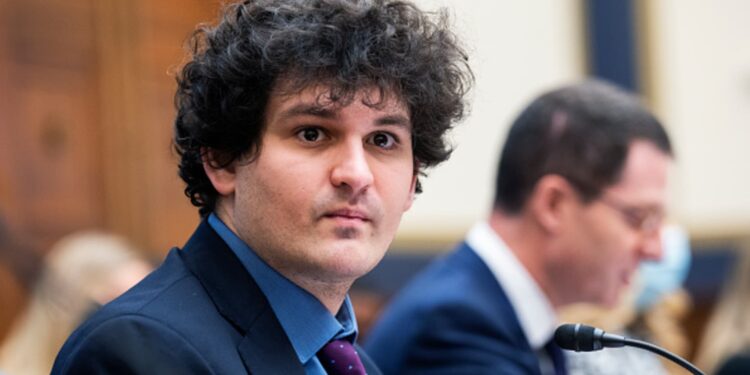Sam Bankman-Fried, the founder of FTX, has been granted a temporary reprieve as additional charges against him in the United States face a delay. The Bahamas Supreme Court ruling on Tuesday allows Bankman-Fried to seek a judicial review of the terms of his extradition from the Caribbean, adding another layer of complexity to the legal proceedings.
Bankman-Fried has been facing legal scrutiny following the collapse of his cryptocurrency exchange in November. Originally sought for extradition on charges of wire fraud and money laundering, U.S. prosecutors have now requested the addition of more charges, including bank fraud and bribery.
Maintaining his plea of not guilty to all charges, Bankman-Fried has taken steps to dismiss several of them. He argues that he should be granted the right to mount a legal challenge before the Bahamas agrees to include the additional charges in the official charge sheet.
Bankman-Fried’s Bid to Contest Government Stance
On Tuesday, Bahamas Supreme Court Judge Loren Klein granted permission for the commencement of judicial review proceedings, favoring Sam Bankman-Fried’s bid to contest the stance taken by the Bahamas minister and Attorney General. Judge Klein acknowledged the claimants’ arguments, stating that they present valid claims with a realistic chance of success.
Judge Klein emphasized that the Bahamas government cannot add the extra offenses until the ongoing legal process has concluded. Previously, the Bahamas government contended that consenting to the U.S. request was solely a matter between sovereign states. However, Klein emphasized that the review should be conducted in an expedited manner, refraining from preempting its eventual findings.
In a subsequent filing on Tuesday, Bankman-Fried’s lawyer, Mark Cohen, affirmed their intention to file an application for judicial review as directed by the Supreme Court. They will continue to assert Bankman-Fried’s legal rights in The Bahamas.
Cohen had previously cautioned that legal proceedings in the Bahamas could extend for “months or years,” potentially surpassing the planned October trial date in the U.S. or leaving inadequate time to prepare a defense against the additional charges.























